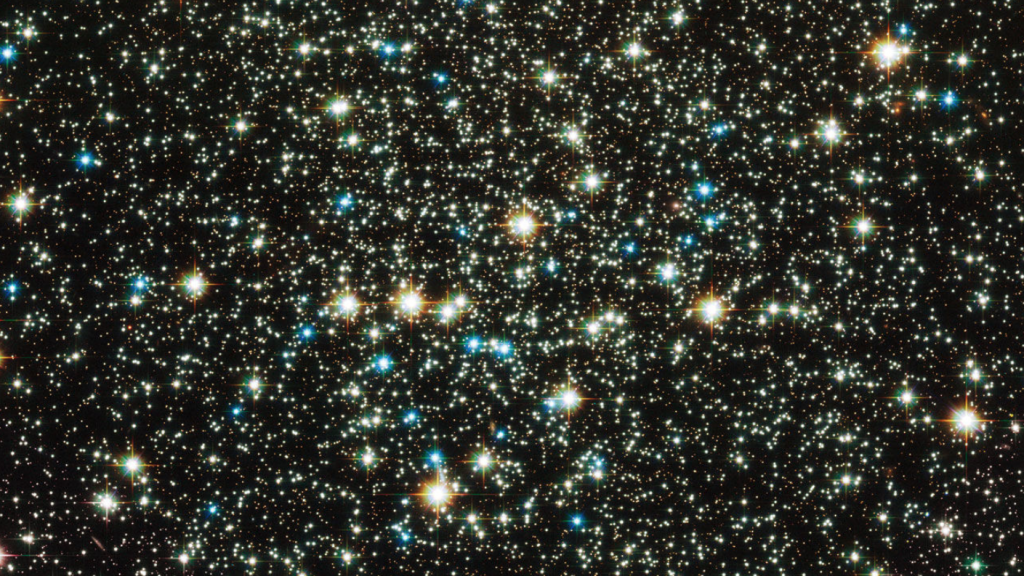What types of gods do people believe in? This is the first of a series of short posts about whether gods exist and why the question is an important one.
Over the centuries, people have believed in thousands of different gods and origin myths.
 |
| Photo – Family of NGC 288 stars breaking up from ESA/Hubble & NASA |
These range from ancient cosmic eggs to the African Orishas, Incan Viracocha, Native American Wakan Tanka, Chinese Pangu, Aboriginal Dreamtime, Babylonian Anu, Indian Brahman, Egyptian Ra, Jewish Yahweh, Greek Zeus, Roman Saturn, Christian Jesus, Norse Odin, Muslim Allah, and the Mormon god who appeared in Joseph Smith’s hat.
In the western world today, most people believe in broadly two types of gods.
Deists typically believe in an abstract god that created the universe and keeps it existing and functioning, but that doesn’t intervene in the working of the universe. Believing or not in this type of god makes no practical difference to our day-to-day lives.
Theists typically believe in a personal god who created the universe, sometimes intervenes by performing miracles, cares about us as humans on planet Earth, tells us what is right and wrong and how to live our lives, and will reward and punish us for eternity after we die.
The most prominent of these Western ideas of theistic gods are the Jewish Yahweh, the Christian God, and the Islamic Allah. All of these ideas evolved from previous ideas of gods.
For these theistic ideas of gods, the question ‘does God exist?’ is not merely a technical claim about how the universe came to be. It is also a claim about having the moral authority to tell people how to live their lives.
That puts a strong responsibility, and a strong onus of proof, on those making the claim. I’ll examine those claims of proof in future posts.







Blasphemer! The woke mob have probably overtaken religious crackpots in believing they have the moral authority to tell people to live their lives. Anyway God does exist I've seen him he used to wear number 7 for Celtic
ReplyDeleteDavid,
Deleteno man is an island ... we live in communities and societies. The common good inevitably places restraints upon individual freedoms. Individual freedom does not extend to affording harm on others.
Henry joy,
ReplyDeleteYour first sentence is blatantly obvious. The next two are too broad. You have to be specific, who decides what affording harm constitutes, can it not be challenged? In protecting others from harm are you not inflicting some yourself?
The Scottish parliament passed legislation today, I think it passed, it contained words along the line, people stirring hate against a group of people are committing a hate crime, I'm paraphrasing, they won't be the exact words. On paper that looks fine, but what does it actually mean? It is a tool to suppress and smear? I.e for arguments same say, I was at school with a girl who transitioned into a man and I dead named her and called her by her biological sex, would I be stirring hate and committing a crime for stating a fact? Even if I did it out of spite, would we not be criminalising truth?